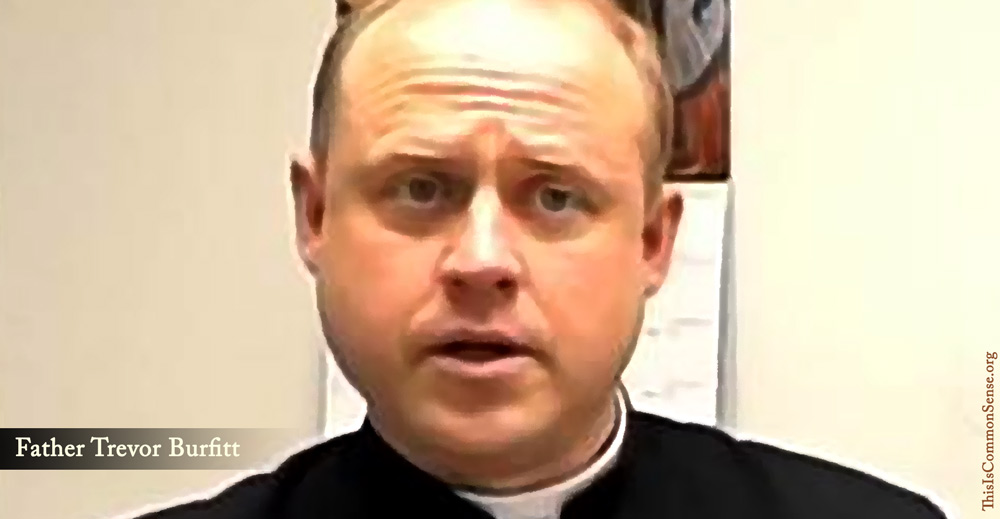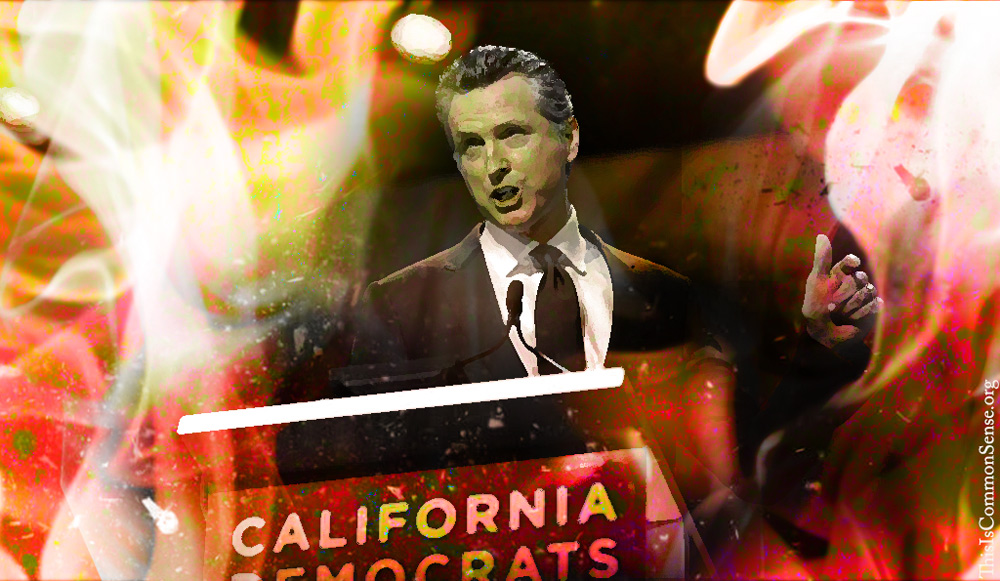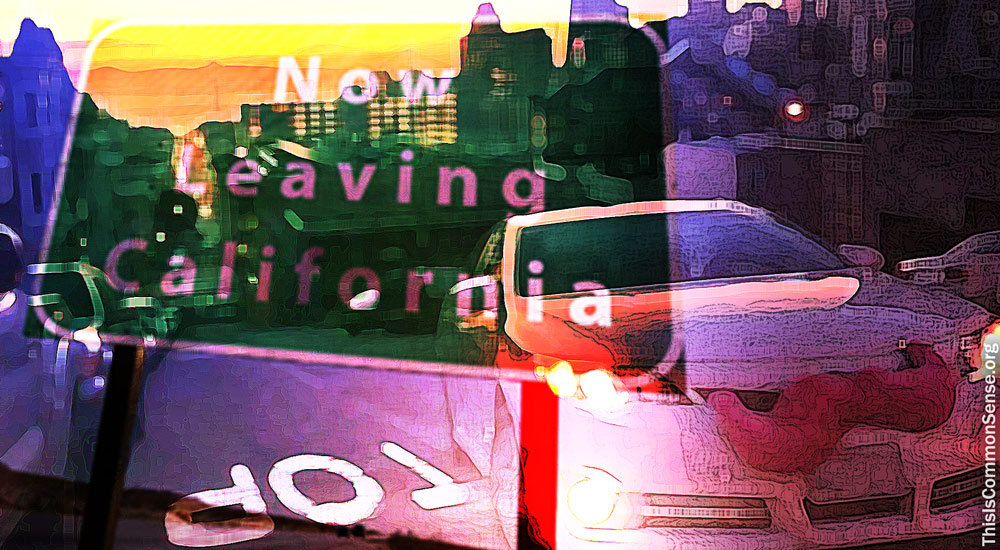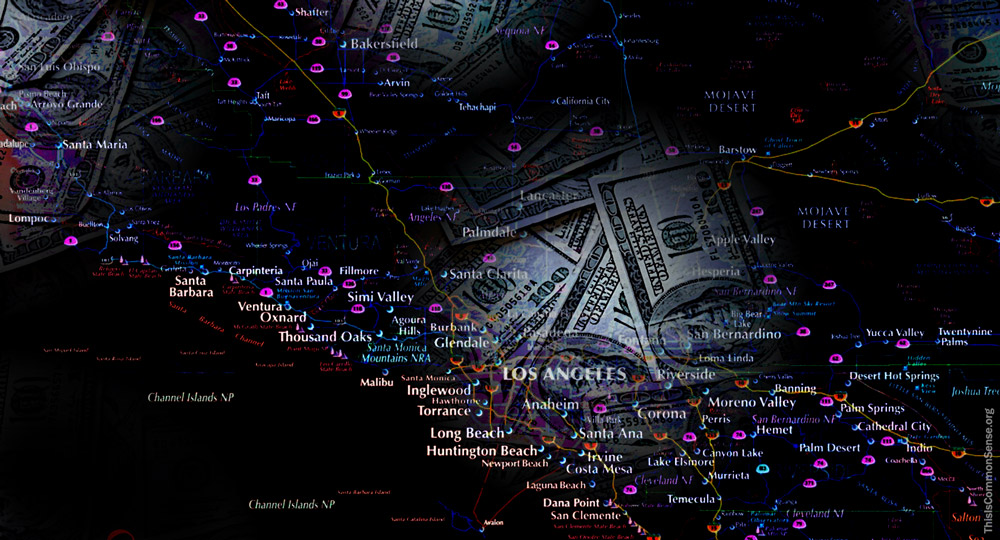California State Senator Josh Newman has, for now, withdrawn a bill to let elected officials facing a recall see the names of petition signers so that they may be asked if they really mean it.
The Democrat complains that critics call his bill “an attack on not just the recall but on them and their constitutional rights. It wasn’t a good context to have a conversation.”
So unfair!
The willingness of defenders of petition rights to speak up does sound pretty inconvenient for foes of this popular democratic check on power.
Perhaps we’re supposed to believe that under Newman’s legislation, the interviews would go like this: “Did you mean to sign the petition to recall me?” “I did.” “Just checking. Bye.”
Obviously, the targeted official’s opportunity and authority to quiz petition signers would enable his team to intimidate existing and prospective signers. The aim? Try to prevent a question with enough valid signatures from reaching the ballot.
Years ago, in other states, opposition campaigns sent retired FBI agents to knock on doors. Legal, but very intimidating. Which is why California does not make the names public.
The legislation would not have applied to the current petition drive to recall California Governor Gavin Newsom, an effort going splendidly with more than 1.5 million signers. But Newman’s bill was clearly motivated by the success of this campaign.
Or perhaps it’s residual animosity toward the recall
Of course, signing a petition in itself says “I want this question on the ballot.” If a petition signer changes his mind, there is a process to retract it. No bullying follow-up needed.
This is Common Sense. I’m Paul Jacob.
—
See all recent commentary
(simplified and organized)





